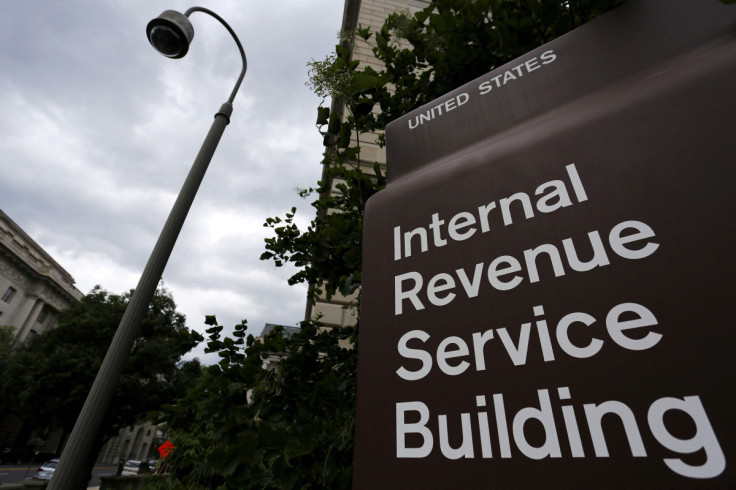IRS To Send Out Special 'Stimulus' Payments To 1 Million Taxpayers
Special payments — up to $1,400 per person — will automatically deposited into taxpayers' bank accounts or mailed as paper checks, in the coming weeks

The Internal Revenue Service (IRS) has announced that it will issue automatic payments to approximately 1 million eligible individuals who missed claiming the Recovery Rebate Credit on their 2021 tax returns.
The special payments — up to $1,400 per person — will be automatically deposited into taxpayers' bank accounts or mailed as paper checks in the coming weeks, the IRS stated.
The Recovery Rebate Credit is a refundable credit for individuals who did not receive one or more of the Economic Impact Payments (EIP), commonly referred to as stimulus payments.
"Looking at our internal data, we realized that one million taxpayers overlooked claiming this complex credit when they were actually eligible." IRS Commissioner Danny Werfel said. "To minimize headaches and get this money to eligible taxpayers, we're making these payments automatic, meaning these people will not be required to go through the extensive process of filing an amended return to receive it."
Why Are These Payments Being Issued?
The IRS is sending out the payments to taxpayers who missed claiming the Recovery Rebate Credit on their 2021 tax returns.
The credit was available to people who did not receive full COVID-19 stimulus payments or missed out on one of the stimulus rounds.
The IRS discovered that many eligible taxpayers failed to claim the credit, prompting this new round of payments, the Associated Press reported.
Who Is Eligible for the Special Payment?
The payments are being sent to taxpayers who filed a 2021 tax return but either left the Recovery Rebate Credit section blank or entered $0, even though they were eligible for the credit.
How Will the Payments Be Distributed?
The IRS will automatically send payments to eligible taxpayers. Those who qualify will receive a notification letter from the IRS, and the payments will be made by direct deposit or mailed checks. The payments will be based on the information on the taxpayer's 2023 return or the address the IRS has on file.
The maximum payment amount is $1,400 per individual, although the exact amount may vary based on eligibility. Detailed information about the eligibility and payment calculation is available on the IRS website.
What If You Haven't Filed Your 2021 Tax Return Yet?
If you have not yet filed your 2021 tax return, you may still be able to receive the Recovery Rebate Credit. To qualify for the payment, taxpayers must file their 2021 return and claim the credit by the deadline, which is April 15, 2025. This applies even if your income was minimal or nonexistent.
A Look Back at the COVID Stimulus Payments
During the pandemic, there were three rounds of stimulus payments, totaling $814 billion. The amounts people received were based on their income, tax filing status, and number of dependents.
Here's a breakdown of the three stimulus rounds:
March 2020: Up to $1,200 per filer and $500 per child under the CARES Act.
December 2020: Up to $600 per filer and $600 per child under the Consolidated Appropriations Act.
March 2021: Up to $1,400 per filer and $1,400 per child under the American Rescue Plan Act.
© Copyright IBTimes 2024. All rights reserved.





















